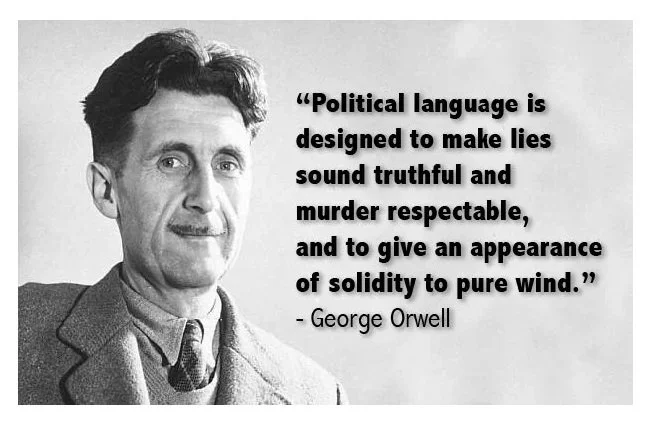Yet More Politics and Video Games
Setting aside Jim Sterling’s showmanship, which may not be to everyone’s taste, he is consistently astute in his ongoing analysis of the Triple A Video Games Industry. Today’s episode of the Jimquisition addresses how major publishers are using political and social issues as the basis for the plots of many of their most popular franchises, while simultaneously denying any political stance or affiliation. He highlights how Terry Spier (the creative director for Red Storm Entertainment who developed The Division 2), and David Cage (the writer and director of Detroit: Become Human), have tied themselves in knots claiming their games are apolitical. It makes for interesting viewing and as ever Sterling’s arguments are compelling and sound. Furthermore, it shows that all the vices and ethical failures of traditional leisure industries such as TV and movies, inevitably bleed into the video games. Namely, wanting to reference “grown up” subjects without being hampered by their accompanying baggage.
What many find distasteful is not so much the “having your cake and eating it” attitude, but the underlying cynicism. Game publishers are not just sitting on the fence in this fashion to avoid having to take a stance on complex socio-political issues but doing so because they broadly have no opinion. Ubisoft is not interested in the implosion of western politics or the issue of gun control. Sony Interactive doesn’t have an agenda with regard to racial or gender oppression. But both are happy to exploit them for financial gain. Problems that real people face every day are simply a means to an end and if it became fiscally prudent to abandon such subjects, then I’m sure these companies would do so without hesitation. I am reminded of the concept of exploitation movies and how they differ from films that genuinely explore a subject. Think Penitentiary (1979) versus I Am a Fugitive from a Chain Gang (1932).
It has been argued that game publishers are pursuing a “politically neutral” policy to avoid controversy with specific online groups and avoid a #gamergate style debacle. Certainly the hostility of certain sectors of the video games community is problematic. But I suspect this claim is spurious, as it is founded upon an assumption of ethics. Something that it conspicuous by its absence in the Triple A video games industry. So once again we return to the myth of keeping politics out of gaming and how those who advocate such a position either don’t understand its inherent contradiction, or in the case of the game publishers, simply don’t care. Why let facts and honesty stand in the way of a dollar? And the last point actually highlights how unnecessary this stance is. Even if the publishers admitted to a political perspective, I doubt it would greatly harm sales. Not all genres are dependent upon their narrative to sell. Plus gamers per se suffer acutely from cognitive dissonance.




























